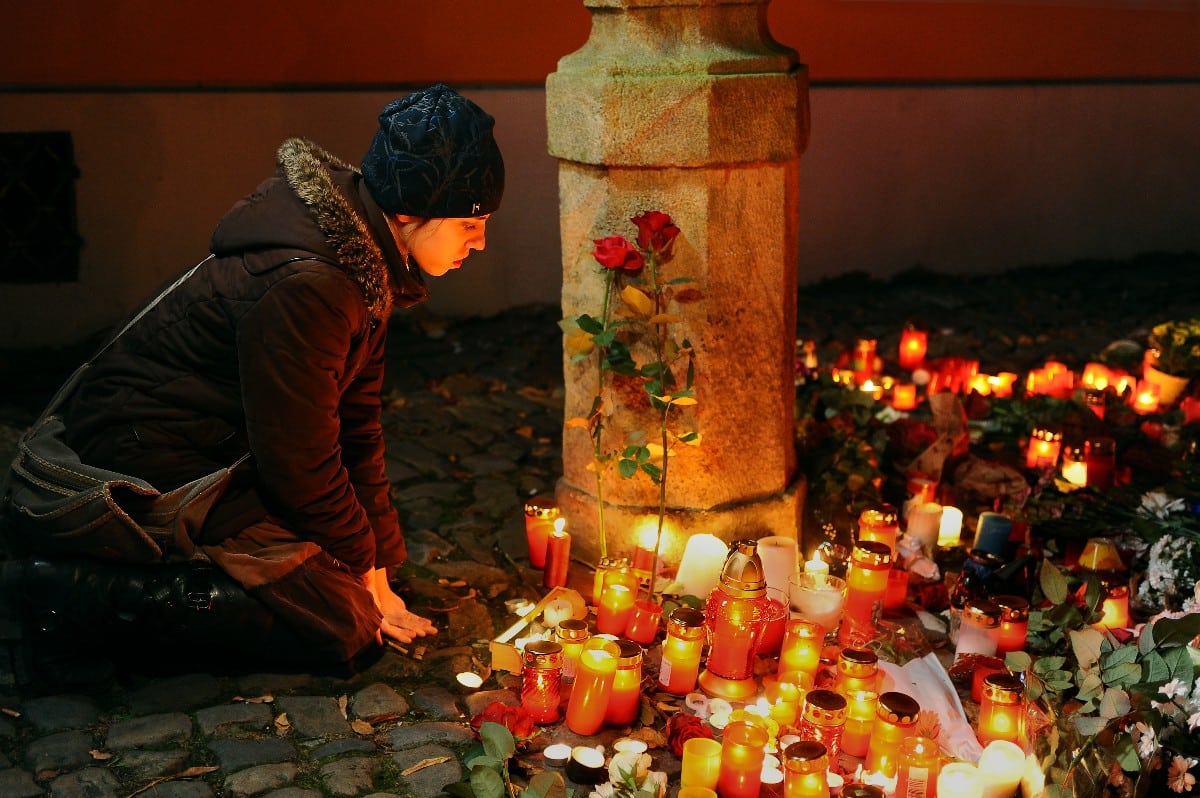 Photo courtesy of Bianca Dagheti on Flickr
Photo courtesy of Bianca Dagheti on Flickr
Where and Why the Diaspora of ISIS Continues
While great advances have been made in reducing the presence of ISIS in its homeplace of Syria and Iraq, a number of ISIS-inspired ‘lone wolf’ terror attacks occurring across the globe have contributed to increasing public fear. These attacks have been prompted by an almost “global diaspora” of the terror group. However, these ‘lone wolf’ attacks should not spark a dramatic increase in societal fear—unless they evolve into territorial expansion or campaign advances in regions of civil/government disarray.
Lone wolf attacks—terror acts committed by agents outside of organizational structure with no physical assistance—have become increasingly common. Many officials believe this increase in independent attacks stems in part from the 2017 collapse of the quasi-state formed by the Islamic State in Iraq and Syria. Similar to al Qaeda encouraging supporters to “strike enemies whenever, wherever and however they could” following the 9/11 attacks, ISIS pushes this same message online. The online ISIS campaign reaches potential supporters all across the world, and helps inspire these lone wolf attacks. While the government continues to monitor these online terror campaigns, it has proven difficult to proactively prevent a lone wolf attack, since the perpetrators are disconnected from the greater terror organization.
Instances of these attacks have occurred around the globe; the 2015 Paris attacks, the 2016 Pulse Nightclub shooting, the 2016 Nice attack, and the 2017 Manchester attack, to name but a few. A notable aspect of these attacks is that they did not result in ISIS gaining traction in the regions. This is due in part to the strong and stable governments and institutions of the regions in which these attacks occurred.
However, in other regions, weak governance and societal unrest feeds the growth and reign of ISIS, and allows the jihadist group to prosper. Regions entwined in civil wars are predominant among ISIS’ targets, along with moves to join forces with preexisting insurgent organizations (like Nigeria’s Boko Haram or Ansar Beit al-Maqdis in Egypt). For example, the fractured government in Libya created a perfect environment to foster the growth of ISIS and its supporters, as did the largely dysfunctional governments of Iraq and Syria.
Additionally, in places where the scapegoating of minorities is prevalent, extremism prevails. For instance, “the depth of grievances of the Muslim minority in the southern region of the Philippines provides an ecosystem for extremism,” says Richard Javad Heydarian, a security analyst in the Philippines. Furthermore, hostilities toward Sunni communities in Iran breed concern for the future growth of ISIS in the area. Kosovo, as a consequence of its weak government, ethnic contention, and relatively recent war, has also become an ISIS recruiting pool in the region. Over 300 men have left the region to go fight for ISIS in Syria and Iraq, thereby lending Kacanik, a city in southern Kosovo, the nickname “the jihadist capital of the Balkans.” In regions like these, ISIS and ISIS supporters seem to multiply.
The distinction between lone wolf attacks and attacks committed directly by ISIS is important to distinguish. The ability of the terror group to carry out concerted attacks leads to the creation of ISIS provinces in areas where unstable governments and institutions exist, like in the states mentioned above. This further promotes the growth of ISIS, and should justifiably raise public fear.
The main priority in stopping the global spread of ISIS is two-fold: continuing to work to prevent lone wolf attacks, and working to ensure that these attacks are unable to escalate into the creation of ISIS provinces and campaigns.
To do this, the nation must continue to implement various national security measures. A continuation of monitoring ISIS (especially online to assist in the prevention of future lone wolf attacks) is critical. Bolstering states that recently underwent a conflict or civil war by providing the aid and training necessary is also of utmost importance in stopping the ISIS diaspora. With this stabilization, and the continuous monitoring of potential lone wolf actors and attacks, the terror group’s global exodus and power gains can be thwarted.





